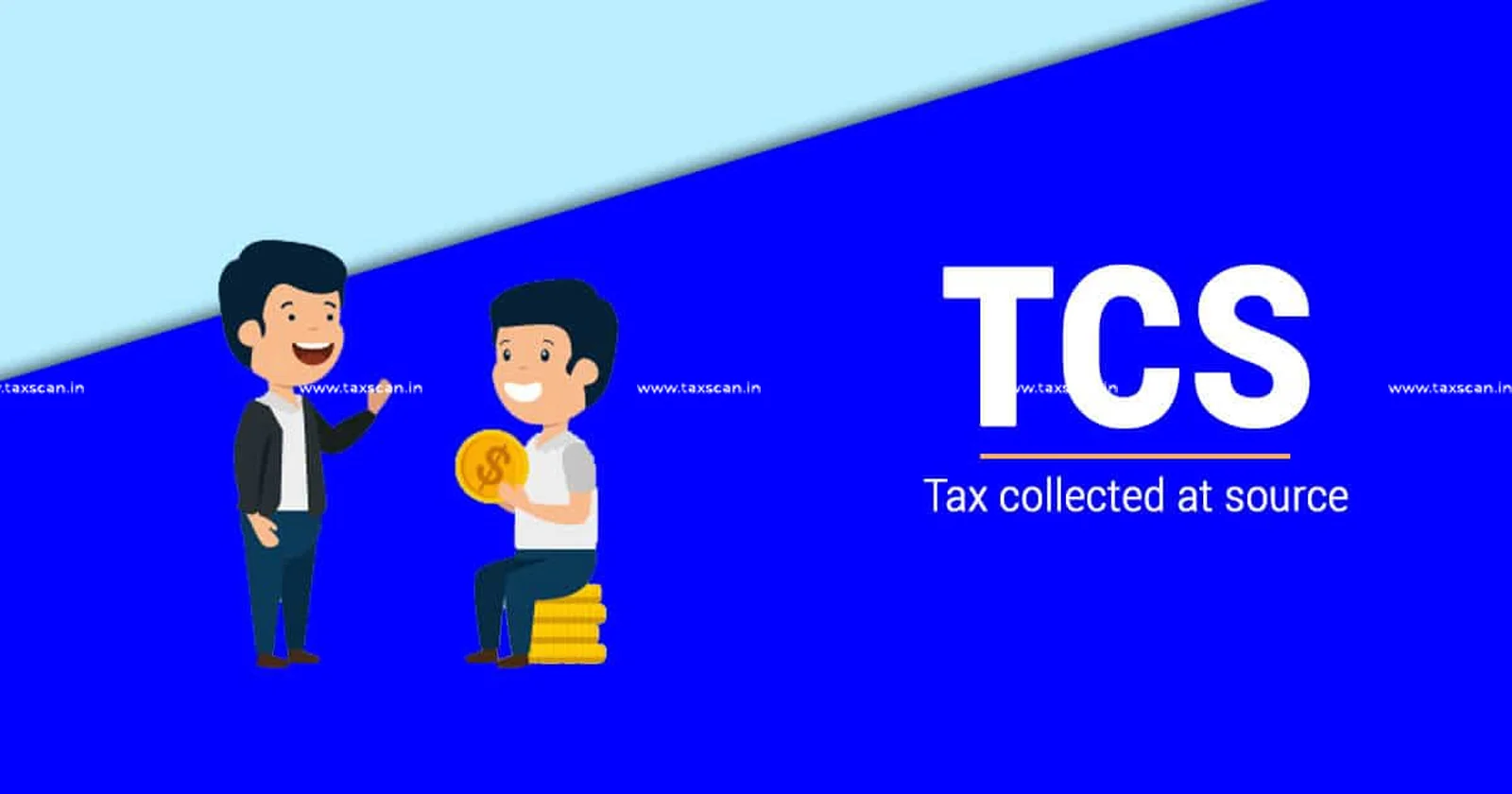Major TCS Changes from April 1, 2025: Removed on Sales, Foreign Education & More
Starting April 1, 2025, major TCS changes in India will remove tax on goods sales, ease foreign remittances for education, and simplify compliance for businesses and taxpayers.

Major TCS Changes from – Sales, Foreign Education – taxscan
Major TCS Changes from – Sales, Foreign Education – taxscan
The Indian government has announced major changes to Tax Collected at Source (TCS) rules, effective April 1, 2025. These changes aim to simplify tax compliance, reduce the financial burden on individuals and businesses, and improve cash flow management.
The most notable modifications include the removal of TCS on sales of goods, relaxation of TCS rules on foreign remittances for education, and higher exemption limits for various TDS and TCS thresholds.
How Does the Supreme Court Shape Tax Laws? Discover Landmark Rulings! Click Here
1. Removal of TCS on Sale of Goods
Previously, businesses had to collect a 0.1% TCS on sales exceeding Rs. 50 lakh in a financial year. This requirement has been abolished, simplifying tax compliance and improving cash flow for traders.
2. Increased Threshold for Foreign Remittances
The exemption limit for TCS on foreign remittances under the Liberalized Remittance Scheme (LRS) has been raised from Rs. 7 lakh to Rs. 10 lakh. This means individuals can now send up to Rs. 10 lakh abroad without incurring TCS.
Remittances made for educational purposes using loans from specified financial institutions are now exempt from TCS, providing relief to students and their families.
How Does the Supreme Court Shape Tax Laws? Discover Landmark Rulings! Click Here
3. Elimination of Higher TDS/TCS Rates for Non-Filers
Previously, individuals who did not file their Income Tax Returns (ITR) faced higher TDS and TCS rates. This provision has been removed, offering relief to common taxpayers and small businesses from excessive tax rates.
4. Protection Against Prosecution for Delayed TCS Deposits
Earlier, failing to deposit TCS on time could lead to imprisonment ranging from three months to seven years, along with fines. The new rules state that no legal action will be taken if the pending TCS is deposited within the stipulated time, reducing the fear of severe penalties for businesses.
Know Practical Aspects of Tax Planning, Click Here
5. New TCS Thresholds (Effective 1st April 2025)
The government has revised TCS rates across various transactions to ensure fair taxation and compliance ease.
| Section | Nature of Payment | Existing TCS Rate (Till 31 March 2025) | New TCS Rate (Effective 1 April 2025) |
| 206C(1) | Timber/Forest Produce & Scrap | 2.5% | 2% |
| 206C(1G) | LRS – Remittance out of Education Loan | 5% | Omitted (Removed) |
| 206C(1H) | TCS Collection for Sale of Goods | 1% | Omitted (Removed) |
| 195 | Payment to NRI for the purchase of immovable property | 20% | 12.5% |
What is TCS and Why is it Important?
Tax Collected at Source (TCS) is a tax that sellers collect from buyers at the time of purchase. The collected amount is then deposited with the government. This system ensures tax compliance and helps track high-value transactions.
How Does the Supreme Court Shape Tax Laws? Discover Landmark Rulings! Click Here
Why is TCS Important?
- Prevents Tax Evasion: Since the tax is collected at the source of the transaction, it ensures that all high-value sales are reported to the government.
- Improves Revenue Collection: The government gets tax revenue in advance, improving cash flow for public expenditures.
- Enhances Transparency: Since sellers must deposit TCS and report it, it creates a trail of financial transactions, preventing unaccounted money.
- Reduces the Compliance Burden: By collecting tax at the source, businesses and individuals avoid the need for complex tax calculations at the year-end.
How to Audit Public Charitable Trusts under the Income Tax Act Click Here
Where is TCS Applied?
TCS is applicable in various transactions, including:
- Sale of goods above a certain threshold
- Foreign remittances under the Liberalized Remittance Scheme (LRS)
- Overseas tour packages
- Purchase of motor vehicles above Rs. 10 lakh
- Sale of scrap, minerals, timber, and liquor
With the latest April 1, 2025 changes, many of these transactions will see relaxations or complete removal of TCS requirements.
Read More: Rs 800 Cr GST Demanded Against Zomato
Recent Zomato's TCS Tax Dispute
A recent case highlights the importance of TCS compliance and the potential financial risks of non-compliance.
Background: In December 2024, India's tax department ordered Zomato, a leading food delivery platform, to pay ₹8.04 billion ($94.8 million) in taxes and penalties. This included ₹4.02 billion in unpaid taxes and an equal penalty amount. The dispute revolved around whether delivery charges collected by Zomato should be subject to TCS.
Key Issues:
- The tax authorities argued that Zomato should have collected and deposited TCS on delivery charges, treating them as part of its revenue.
- Zomato countered that delivery charges were collected on behalf of delivery partners, who provided the actual service, and therefore, TCS did not apply.
Outcome & Lessons Learned: TCS disputes can result in significant penalties if businesses do not comply with the rules. This case highlights the need for clearer tax guidelines for e-commerce and digital service companies. The recent removal of TCS on goods sales and other simplifications may help prevent similar disputes in the future.
Support our journalism by subscribing to Taxscan premium. Follow us on Telegram for quick updates


